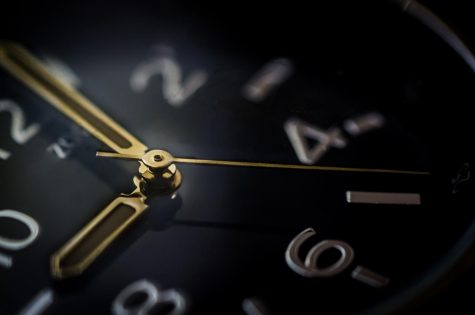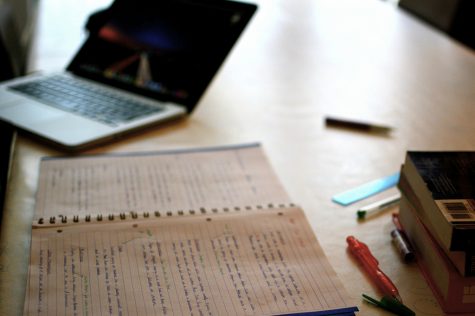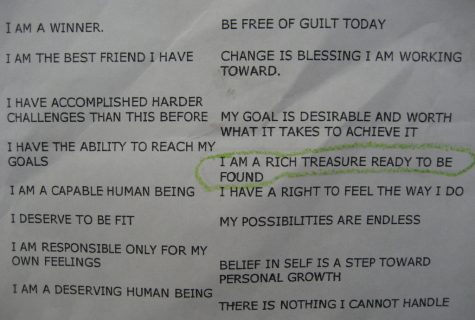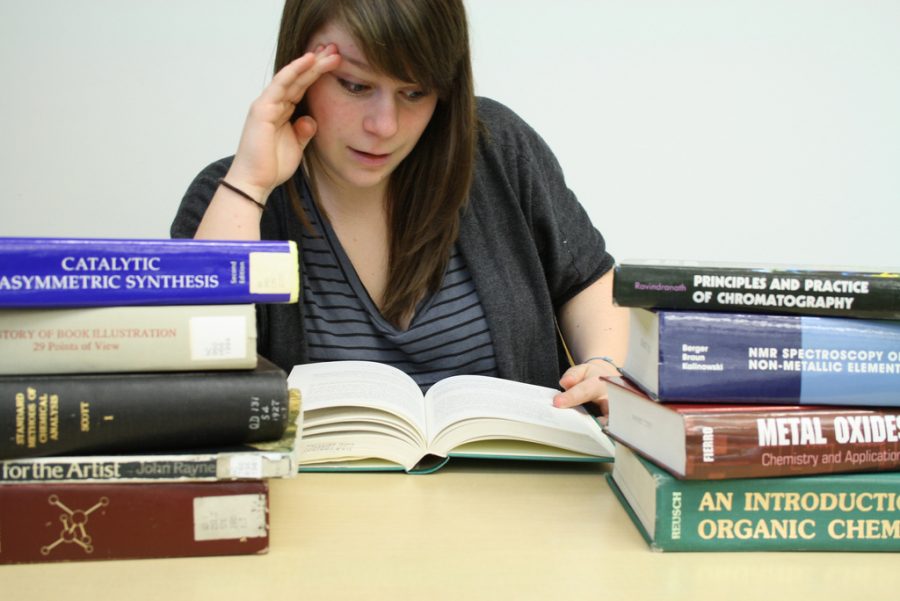Ask Scott: Some Finals Advice for the Weary Student
Dear Scott,
It’s finals. It has been a long and trying semester. I could really use some studying tips and maybe a bit of advice on how to not lose my mind during this next week. I’m sorry my ask is so short!
From Studying and Stressed
Dear Studying,
Wow do I feel for you. I am also a student preparing for finals, but thankfully I have learned a little bit about how to best go about it.
So the first bit of advice I’d give you concerns the nitty-gritty of studying — the actual studying. Space out your study times. The increments that seem to work the best are at a 50:10 ratio (50 minutes of study, 10 minutes of break). For those 50 minutes, set yourself in a space that is completely uninterrupted, turn your phone to silent (not vibrate, silent), and set a timer for 50 minutes. When you’ve made it through your 50 minutes, turn your phone back up and go ahead and mess around on social media and watch that Youtube video. Go walk around and stretch your legs, drink some water and get a snack. But don’t go beyond those 10 minutes. Stick to the time limits. Then rinse and repeat, my friend.

One of the better, research-backed study strategies is to test yourself. For whatever reason, testing yourself is one of the most beneficial strategies there is; this is sometimes referred to as the “testing effect.” Essentially you are supposed to quiz yourself shortly after a period of studying on what you were studying, correcting any mistakes along the way. This actually helps us to avoid a phenomena called “the illusion of competence.” We review our notes, confident that we learned all that we could, but then we struggle to recall any of the crucial information when it comes to the actual test. Testing yourself helps eliminate this illusion, especially when we space our self-testing out over the matter of a few hours or days (or weeks, if you’re that kind of student).

My next bit of advice: SLEEP! I cannot tell you how much research there is behind how sleep effects our study habits (actually, I can; it’s over 100). Some of the current thought is that sleeping between study sessions helps students retain more of the information that they are studying. And before that big final? Get as close to a solid 8-9 hours of sleep the night before the final. Even and especially if you have other things to study for. You’ll do leagues better, retain more, and honestly feel better the morning of. Honestly, get the rest. You deserve it. You’re tired, you’re stressed, you’ve studied a lot. Take that nap. Treat yourself.

Don’t forget to eat a solid meal (usually breakfast) before your test. Hungry students routinely under-perform compared to their more nutritionally sound peers. So do yourself a favor and have that extra slice of avocado toast.
After you’ve studied over the week, gotten your solid night’s sleep, and eaten your breakfast, do a review of the material before you go in to take that test. This helps to “jog” your memory and keeps that information fresh and available for you when you will most need it.
My final bit of advice is simple but crucial: tell yourself you’re going to pass. Positive self-talk is one of the few research-backed concepts to emerge from a movement within the field of psychology called Positive Psychology. Research has shown that students who consistently talk down about their test performances or knowledge routinely fair worse than their peers who didn’t talk down to themselves. Telling yourself that you will nail that test, that you will earn that “A,” and that you will pass the test, no matter how hard the subject might be.

Just, be nice to yourself. You’re going to do fine. You will pass that test, pass that class, and get your degree. No matter how many classes you’re taking, no matter how hard the course is, you will do well. Especially if you tell yourself you will.
Good luck and happy studying.





